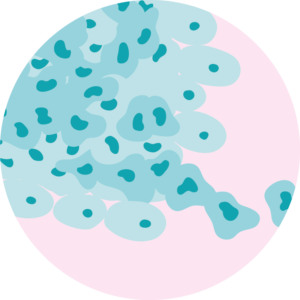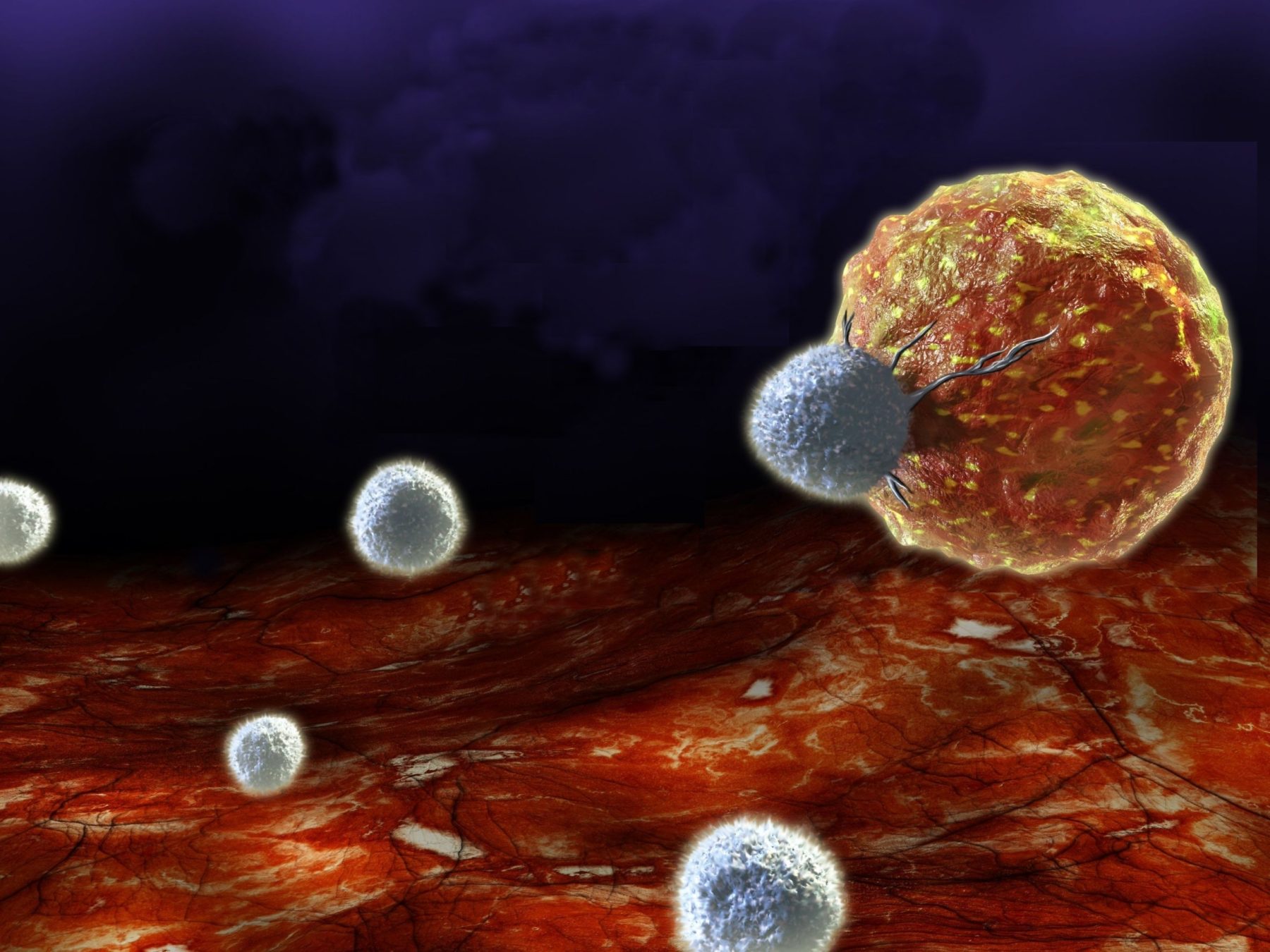Project Summary
About the Researchers
Dr Xin Li
Principal Investigator
Dr. Xin Li is a Senior Research Scientist at the Center for Cancer Research and Therapeutic Development, Clark Atlanta University. Xin Li’s research interests involve reducing prostate cancer disparities via novel targeted therapy, investigating the molecular alternations contributing to the higher morbidity and mortality rates of prostate cancer in African Americans, unveiling the molecular mechanisms underlying chemoresistance, and developing novel therapeutics to overcome prostate cancer chemoresistance.
Ms. Alira Danaher
Research Technician
Ms. Alira Danaher is a Research Technician at the Center for Cancer Research and Therapeutic Development, Clark Atlanta University. She holds a B.S. degree in Biology and is actively involved in several preclinical drug discovery projects. Ms. Danaher is especially interested in developing new small-molecule drug candidates to treat advanced prostate cancer and reduce prostate cancer disparities in African Americans.
Nicholas Cook
Ph.D Candidate
Nicholas Cook is a Ph.D. Candidate at the Department of Biological Sciences and the Center for Cancer Research and Therapeutic Development, Clark Atlanta University. His research interests are the molecular mechanisms of chemoresistance, the development of novel therapeutics to overcome chemoresistance and improve clinical outcomes, and the reduction of cancer disparities in African Americans.
Therapeutic Resistance
Prostate cancer disproportionately affects Black men more than other racial groups. It remains unclear the contributing factors to this significant health disparity, and there is limited research on prostate cancer in the Black population and lower availability of treatment options to Black prostate cancer patients. Therefore, it is urgent to develop novel treatments for Black men suffering from lethal prostate cancer.
Prostate cancer disproportionately affects Black men more than other racial groups. It remains unclear the contributing factors to this significant health disparity, and there is limited research on prostate cancer in the Black population and lower availability of treatment options to Black prostate cancer patients. Therefore, it is urgent to develop novel treatments for Black men suffering from lethal prostate cancer.
Black men are already underrepresented when it comes to research and clinical trials, and consequently, clinical outcomes for Black men become increasingly worse when their prostate cancer becomes therapeutic-resistant. This research represents an innovative effort to fill the current gap in knowledge and treatment solutions for therapeutic-resistant prostate cancer in Black men.
The Research
Prostate cancer is a complex disease that researchers don’t know everything about. What they do know is that cancer cells have very similar functions to healthy cells, but with malicious intent. Like healthy cells, cancer cells have a life cycle, produce proteins to do certain functions, and have different genes and complexes to complete their tasks.

SCF complexes play an important role in prostate cancer by sending signals that control the growth and spread of cancer. In the SCF complex, a protein called Skp1 plays an important role; it is crucial for cancer progression and signaling. As the “hub” of the SCF complexes, Skp1 exhibits higher expression in prostate cancer cells from Black men.
By experimenting on cell models in the lab, the researchers will first investigate and compare the Skp1 expression in prostate cancer tissue specimens from Black and White patients. Then they will evaluate the therapeutic-resistant and therapeutic-sensitive cell models from Black men. This will help determine the role that Skp1 plays in therapeutic-resistant and metastatic prostate cancer cells and prostate cancer disparities in Black men. Our researchers believe that if we can block Skp1, then we can stop the SCF complex function and hinder the growth and spread of prostate cancer.
What Will This Mean for Patients?
We know that Black men are disproportionally impacted by prostate cancer compared with White men for reasons that are still not understood. Additionally, SCF complexes could be overactivated in Black men when compared with White men due to Skp1 initiated interactions with other proteins, making it important to find a way to interfere with its process.
By testing whether blocking the SCF complex with a drug that inhibits Skp1, our researchers will determine if this strategy could treat prostate cancer more efficiently in Black men.





